Graham Reid | | 5 min read
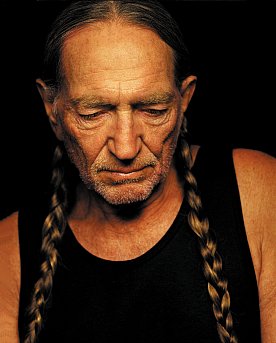
There’s not a lot you can say about the latest Willie Nelson album Teatro. Produced by Daniel Lanois, it’s Nelson’s second for the Island label after the critically acclaimed Spirit, has a band which includes Emmylou Harris and Luscious Jackson drummer Tony Mangurian, and is little more -- or less -- than another addition to Nelson’s extensive catalogue of more than 200 albums. Yep, it’s okay, hardly earth-shattering -- not a lot to say about it really. And there’s not a lot Willie has to say about it either.
The amiable old outlaw is in a Brooklyn hotel and is due onstage in a couple of hours. He’s affable enough, but you get the impression Nelson is running on the lowest possible output of effort. And why shouldn’t he?
He’s been around and seen around, was a legend before most others, has known presidents and cowboys, smoked dope at the White House (so he says in his peculiarly entitled autobiography I Didn’t Come Here And I Ain’t Leaving)
There’s a Willieworld Museum in Texas; he’s been in movies with Robert Redford, Dustin Hoffman and Jane Fonda; was nailed by the IRS for a tax bill the size of GNP and . . . just so much more. He’s Willie Nelson, a singular figure in contemporary culture -- and a legendary golf fanatic.
So what could the red-headed stranger possibly have to say to a complete stranger that he hasn’t canvassed before or has no wish to talk about anyway? So let’s politely run a few questions about Teatro before getting down to the charms of dealing with the IRS and where his life is at now. The album includes some songs written way back in the 60s. 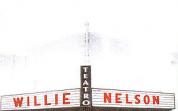
“Yeah, I just came up with new songs and old and gave them to Daniel and let him choose. A lot of those songs have never seen the light of day and I’m just trying to bring them to the surface.”
They come from a very prolific period, around the time of classics such as Crazy. With the wisdom of hindsight, what prompted such an extraordinary output?
“I think I was just in a very high-energy state and doing a lot of writing, and it was not a big deal to write. I hung out with guys who liked what I was doing so that made me write even more.”
Do you consider yourself prolific?
“I don’t know about prolific, I’m still writing. I fight it for as long as I can, unless there’s a project. I’m a lazy writer and so if I feel I don’t want to write I won’t. But sometimes an idea comes and you don’t have any choice.”
Are you better when working to a deadline then, like an album?
“I’m devious, I’ll try to come up with songs I know nobody had heard. I won’t lie and tell you they’re new, but rather than write a new one I’ll find an old one you’ll like. I’m lazy that way.” 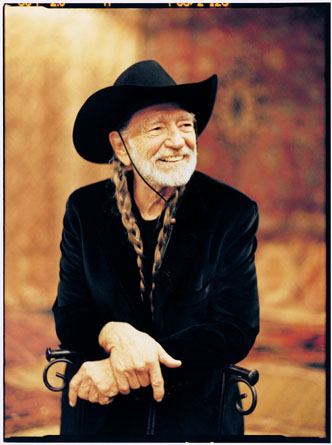
Recent box-sets of early material and stuff released when you were involved with the IRS suggests that there may be a huge library of unreleased songs. Or at least drawers full of unrecorded songs?
“Well, early in my life I did a lot of demo sessions and there are a lot of those songs still laying around, and a lot in my studio laying around too.”
I note Daniel Lanois -- as he did with the Neville Brothers in New Orleans and on other projects -- actually created a studio for you for this one, in an old Mexican movie theatre in California. Was it a lengthy recording process?
“It didn’t really take that long once we’d agreed on the songs. Daniel called the musicians he wanted to bring and I brought some . . .”
You’ve been on a lot of record labels. When you move to a new company I guess you aren’t taken for granted. When you’ve got an album coming out, do you get the feeling that it may be more successful than others because of the mood within the record company?
“Usually I like the album when I’ve done it, but a lot of the time that enthusiasm doesn’t carry on through to the record company or the promotional people. But for this it is so you can sure tell the difference.”
Everything with the IRS is clear now, so are you taking care of business better?
“I think I’m more disciplined and orderly and I’m a lot better off today. The things I lost that I really wanted back I have back, including the golf course and recording studio.
“There are lots of things -- pieces of property -- you accumulate through the years that look like a good deal at the time but as the years pass you realise it doesn’t matter if you kept it or not. They were things I didn’t mind losing.
“It gives you perspective; you look around and see what’s left after somebody came in and took everything they thought was valuable. But we’re still here.”
That’s become a personal motto, hasn’t it?
“Yeah, I still say that, we’re still here. Today I’m doing pretty much what I want. I still enjoy touring and every now and then there is a little diversion. I don’t know if I’d change much about my life.” 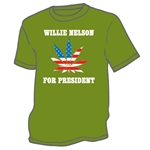
I guess by diversions you mean movies like Wag the Dog. Do you see a lot of scripts.?
“There are a few. I just did a movie in Spain with Kris Kristofferson, Waylon Jennings and Travis Tritt. If it has a horse or guitar in it I’ll go for it every time, they know how to get me on the job.
“I do them with people I enjoy being around. I did one with Woody Harrelson in New Mexico. I enjoy the diversion of getting away from travelling, and having fun with friends while making a movie; that’s the best of all worlds.”
You still tour constantly though, is it the Teatro tour now?
“Yeah I tour all the time. The fact Teatro’s coming out means the tour is now partly a Teatro tour. But I take off a month or two in winter.”
So what does Willie Nelson like to do when he has time off?
“I like to play golf.”
Are you getting better though?
“I should be better than I am.”
Iggy Pop says golf is a metaphor for life: we all start off at the same place, go our separate ways, then end up in the same place having had different but somehow common experiences.
“I like that. Thanks for that Graham.”
You’re welcome Willie, anytime.
Whew, me and Willie -- like that.
This interview first appeared in the New Zealand Herald in August 1998

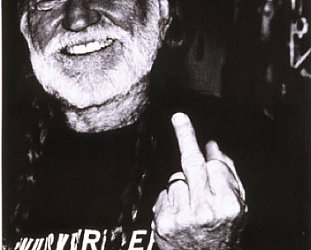
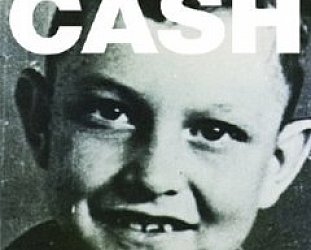
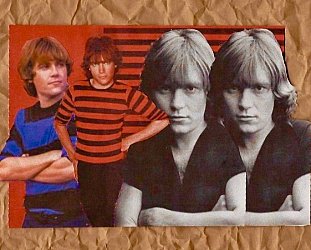



post a comment